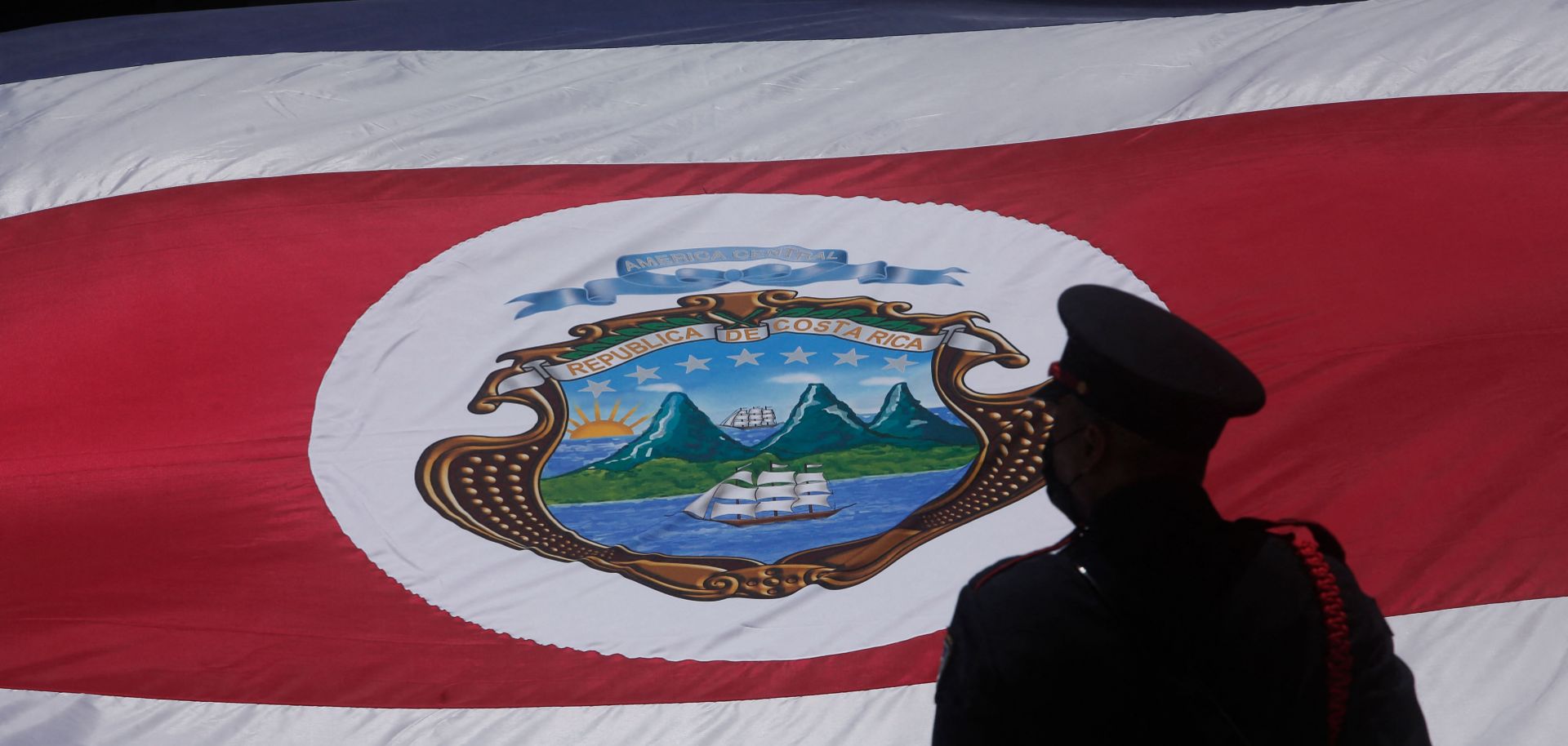While the Ukraine conflict continues to flare on the ground, another one has been taking place in cyberspace -- not in Ukraine (though cyberwar is most definitely occurring there, too), but nearly 7,000 miles away in Costa Rica. For more than a month now, a ransomware attack has paralyzed parts of the government in San Jose. The attack has crippled several government agencies, most notably the finance ministry, whose online tax collection system has gone offline. This has forced individuals and businesses to resort to paying by hand, causing Costa Rican citizens major complications in their daily life and severely constricting economic activity in the country. The situation has escalated to the point where, hours after his inauguration on May 8, President Rodrigo Chavez declared a state of emergency, seemingly the first time in history a national government (not merely an individual state, region, or agency) has done so in...


